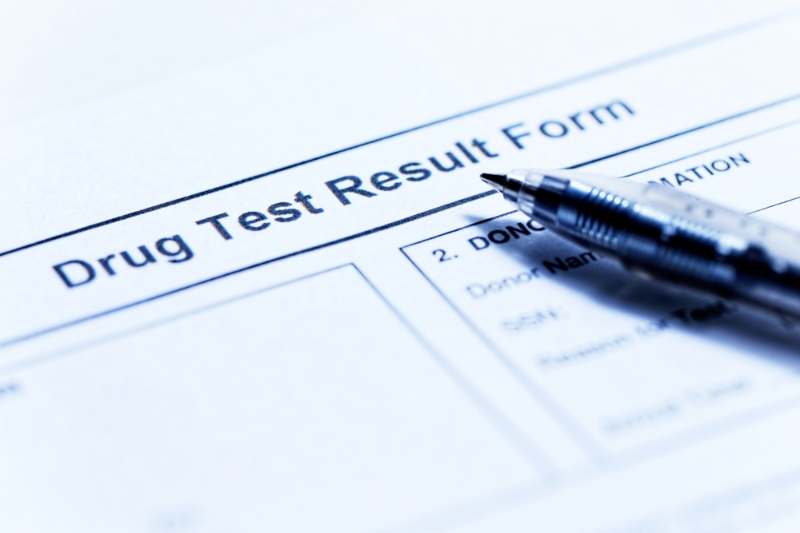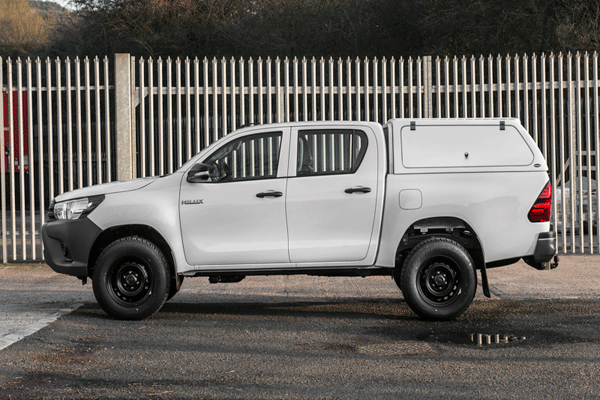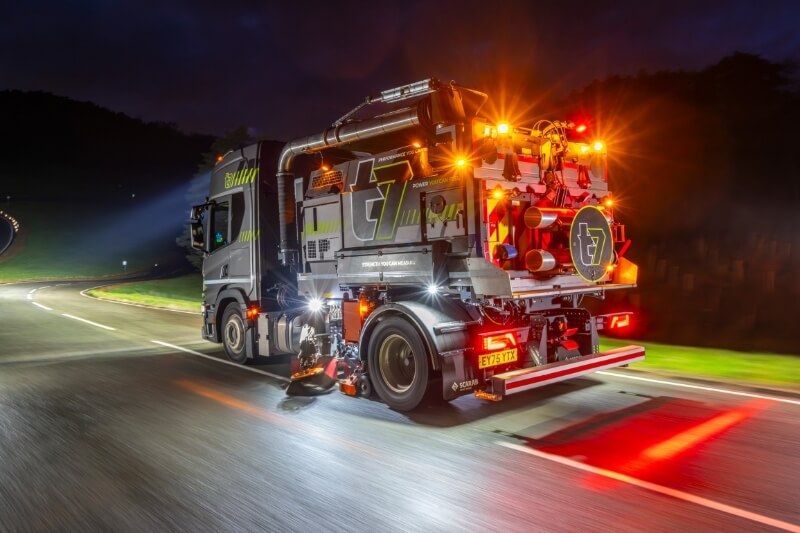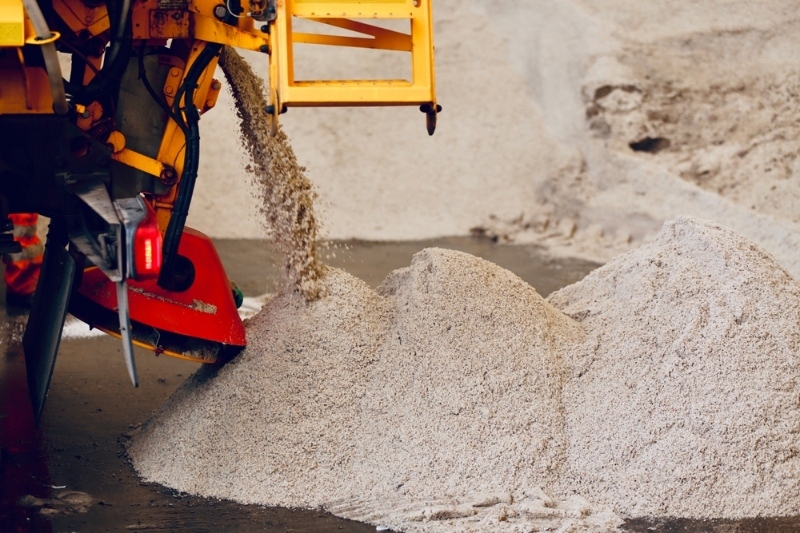Greater Manchester leaders will be asked to request permission to put the second phase of Clean Air Zone (CAZ) funding on hold due to concerns about the availability of cleaner vehicles.
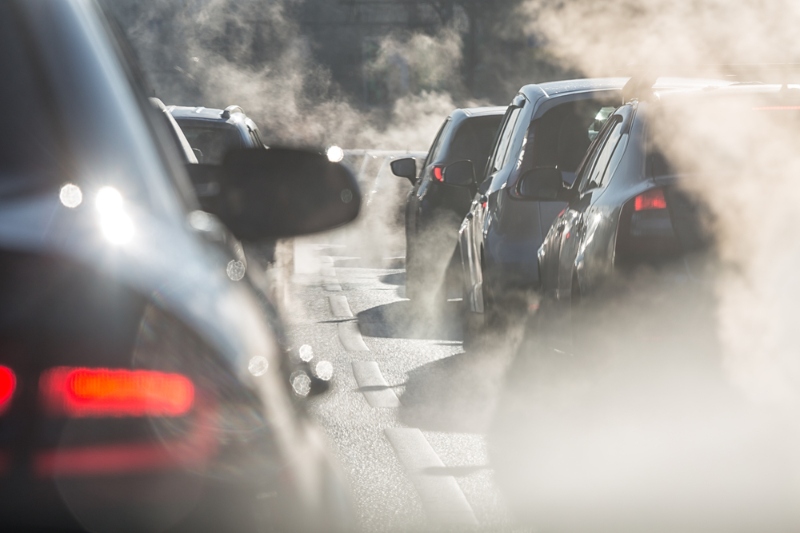 A report to the Greater Manchester Air Quality Administration Committee next week will set out evidence that global supply chain issues could increase the costs and reduce availability of cleaner vehicles.
A report to the Greater Manchester Air Quality Administration Committee next week will set out evidence that global supply chain issues could increase the costs and reduce availability of cleaner vehicles.
The report raises concerns that this will potentially create financial hardship for commercial vehicle users and recommends that clean air leaders in the region request permission to temporarily put the CAZ on hold.
In March 2020, the Government issued a legal direction requiring the 10 Greater Manchester councils to address the clean air issue by introducing a Category C charging clean air zone. This affects mainly commercial vehicles including HGVs, buses, coaches, minibuses, vans, taxis and Private Hire Vehicles which do not meet set national standards for NO2 emissions.
The most polluting of these vehicles – that do not meet Government prescribed emissions standards – will be charged from 1 June 2023 with the most polluting buses, HGVs and non-GM licenced taxis and Private Hire Vehicles charged from 30 May 2022.
The report confirms that the first phase of the Clean Air Zone due to launch in May 2022 – applying to buses, coaches, HGVs and taxi and Private Hire vehicles which are not registered in Greater Manchester – should go ahead, including the ongoing provision of funding support for HGVs and buses to upgrade.
However, it recommends that the nearly £100m of clean vehicle funding support due to open at the end of January should be paused until Government undertakes an urgent review of the supply chain issues to understand what this could mean for the Greater Manchester Clean Air Plan.
Mayor of Greater Manchester, Andy Burnham, said: ‘Everyone in Greater Manchester deserves to breathe clean air but we have always said this cannot be at the expense of those who cannot afford to upgrade their vehicles to make them compliant in this timeframe.
‘Clean air can only be achieved by the right package of financial support to help people upgrade their vehicles, and this latest evidence highlights significant challenges in this area. We are worried about what this could mean for those businesses and individuals impacted, and their ability to upgrade as well as our ability to deliver the clean air plan.
‘I want to reassure all those people who have been in touch that we are listening to you, and we will make sure your voices are heard.’
Image: LanaElcova/Shutterstock.com.



